A holistic approach: avoiding unintended consequences
Renewables, Harbours & ports, Oil & gasMarex’s “systems thinking” approach takes a holistic view of an issue that helps get to the deeper underlying causes.
We all find ourselves juggling the balance between cost and value.
In the competitive race to survive and thrive, decisions can be taken that at first glance appear to cut costs.
The following story of unintended consequences demonstrates how a seeming straightforward business decision had repercussions the organisation hadn’t predicted.
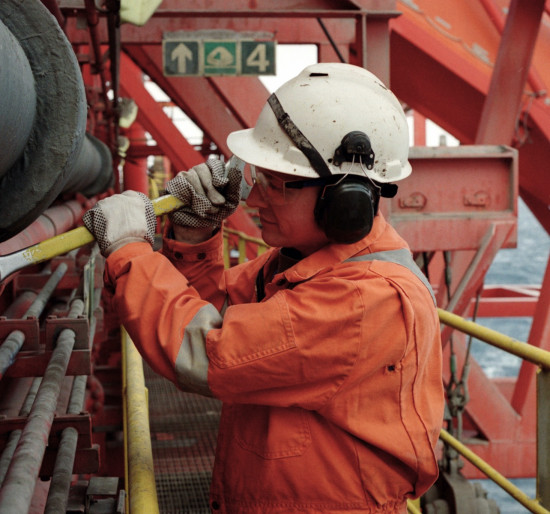
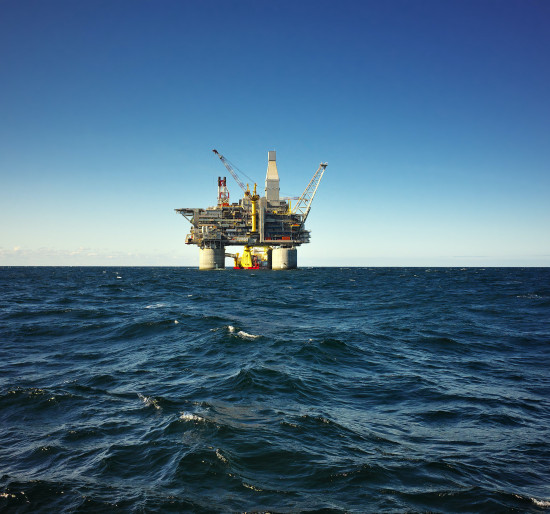
Setting the scene
Marex consultants were performing a safety assessment on work equipment on board an offshore drilling rig.
The rig had been facing equipment issues such as below-par performance of air compressors and pump breakdowns, so they decided to investigate further.
It was time to put their “systems thinking” caps on.
Marex’s “systems thinking” approach takes a holistic view of an issue that helps get to the deeper underlying causes.
Put simply, systems thinking looks at the whole picture and not just individual elements of a system in isolation, by:
- highlighting the broader context
- considering interactions across multiple levels
- recognising the dynamic shifts that occur over time
- encouraging collaboration from a variety of disciplines
It was discovered that the drilling rig was unable to keep up with the preventative maintenance routines being generated for rig-wide equipment. Understandably, safety-critical equipment maintenance was being prioritised.
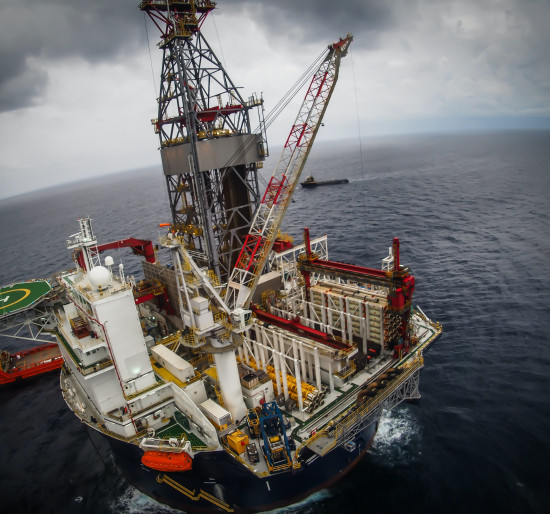
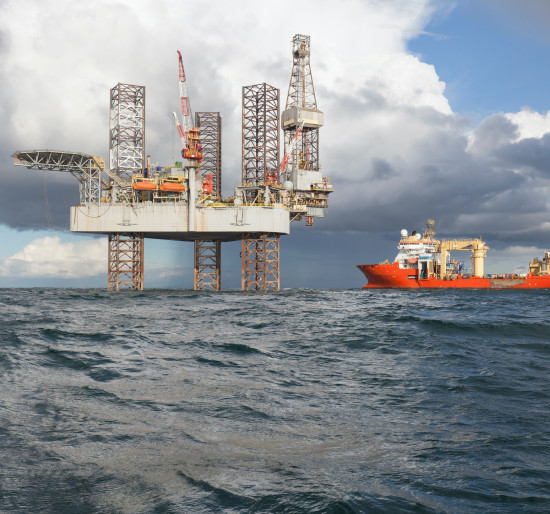
Overdue maintenance
There was a small number of overdue maintenance tasks related to safety-critical equipment, but these were being risk-assessed and deferred for limited periods of time.
Maintenance of other less critical equipment, however, had begun to suffer.
Further investigation found the company - as part of a cost-cutting strategy - had decided to make the position of ‘marine roustabout’ redundant on board their rigs.
The position of a roustabout is one that requires non-specific and broad-based skills, mainly physical labour, with no safety-critical duties.
This decision had duly been risk-assessed by onshore management. It had been concluded that other roustabouts from the drilling team could provide cover for any specific assistance the marine department needed.
However, what the company had failed to take into account was the fact that the marine roustabout also doubled up as support to the maintenance department when not specifically needed by the marine department.
It wasn’t officially written into the job role of a marine roustabout; that was simply the way things worked on board. The offshore rig management had found this to be a way of effectively managing their resources.
So, while the marine department was able to manage its workload with the assistance of drilling roustabouts, the maintenance department felt the effects of the marine roustabout redundancy.


Lost time
Over the course of a few months, overdue maintenance started to result in issues with equipment performance.
The company had taken the decision to make redundancies to cut costs. But inadequate maintenance was costing the company more money as breakdown or corrective maintenance is known to be more expensive than preventative maintenance.
A seemingly “risk-assessed” action taken by the company led to unintended consequences, with the opposite of the desired result.
From a systems perspective, there was a divide between work as imagined by the company and work carried out by the frontline workers on the rig.
The rig crew - who were not consulted prior to this decision - believed that the decision was imposed on them and felt unable to voice their concerns to the company’s onshore management.
The company could have avoided this issue by reaching out to the stakeholders on the rig prior to implementing this cost-cutting decision to better understand the potential after-effects.
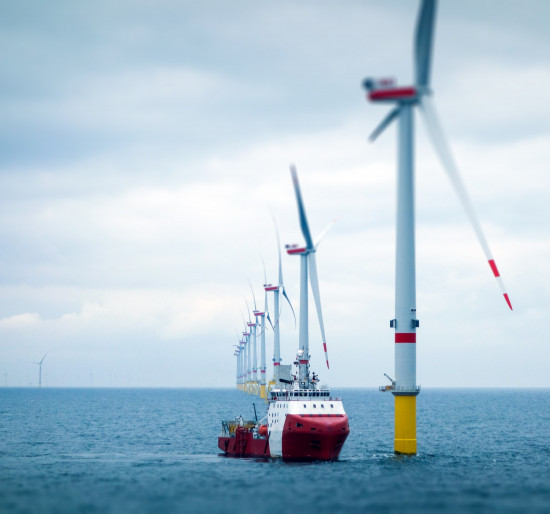

The takeaways
Marex advised the company that rather than dealing with the problem at the equipment level, they needed to address the problem at the systems level, so that the underlying organisational factor (i.e. inadequate staffing on the rig) was addressed.
There are three key takeaways from this:
- Involve all stakeholders in critical decision-making – and remember, this includes meaningful representation from relevant frontline workers as well.
- In order to achieve the company objectives, frontline workers may have to adapt their practices and processes based on the situations they face at work. Be prepared to acknowledge the potential gaps between “work as imagined” as written down in policies and procedures, and “work as done” in reality on the ground.
- Build resilience into your organisational setup – proactively work towards ensuring that things go right rather than focusing purely on avoiding things from going wrong. Most of the adaptations in everyday work have successful outcomes but go unnoticed – there could be a lot of useful learnings to be taken from such adaptations.










